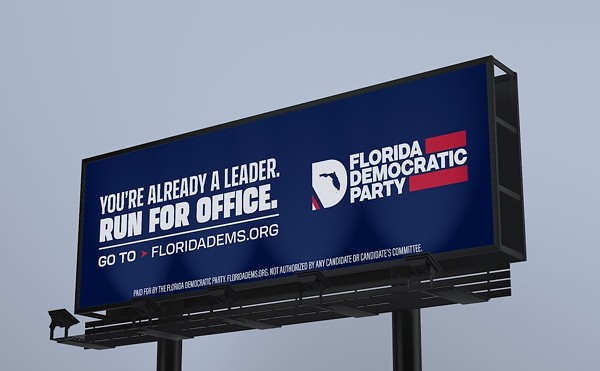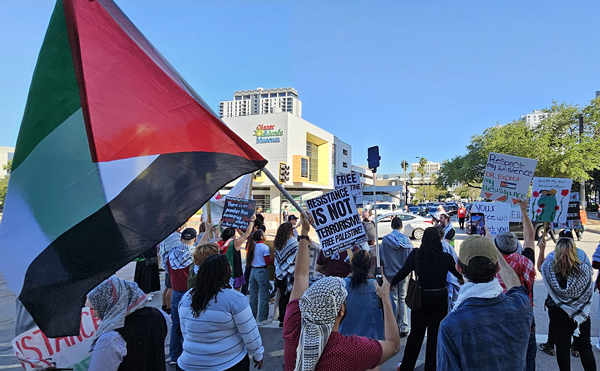Be Part of the Solution
Follow these simple steps to save a bunch of green (pun intended):
-Don’t drive aggressively! Speeding, rapid acceleration and braking wastes gas by lowering highway mileage up to 33% and 5% around town. It’s also much safer.
-Don’t Speed! Gas mileage rapidly decreases above 60 mph. Assume that each 5 mph you drive over 60 mph is equal to paying an additional $0.24 per gallon. It too is much safer.
-Replace your air filter! Doing so can improve your car's gas mileage by 10%.
-Take the junk out of your trunk! One hundred pounds of extra stuff in your car could reduce your MPG by as much as 2%.
-Give your car a tune up! Fixing a car that is out of tune or can improve gas mileage by about 4%.
-Keep your tires properly inflated! This can improve mileage by more than 3%.
-If possible, carpool! You can cut your weekly fuel costs in half if you take turns driving (or even better, use PSTA or HART or ride a bike).
-Don’t idle! It wastes fuel and pollutes the air. Turn off the engine when waiting.
-Plan your trips in advance and combine multiple errands into one trip.
-When shopping for a new car, buy the most efficient option possible! Go to http://www.fueleconomy.gov for a complete listing of fuel economies for all 2009 automobiles or visit http://www.hybridcars.com for information on hybrid technology.
-Visit http://www.fueleconomy.gov for estimated fuel economies for all cars manufactured since 1984.
-If you must buy an SUV, consider a hybrid! The highest efficiency hybrid SUV’s include the Mazda Tribute, Ford Escape and Mercury Mariner.
For more tips, or to learn more about sustainability at St. Petersburg College, visit http://www.spcollege.edu/sustainability, join the facebook group and follow us at http://twitter.com/sustainableSPC.
[image-1]


















